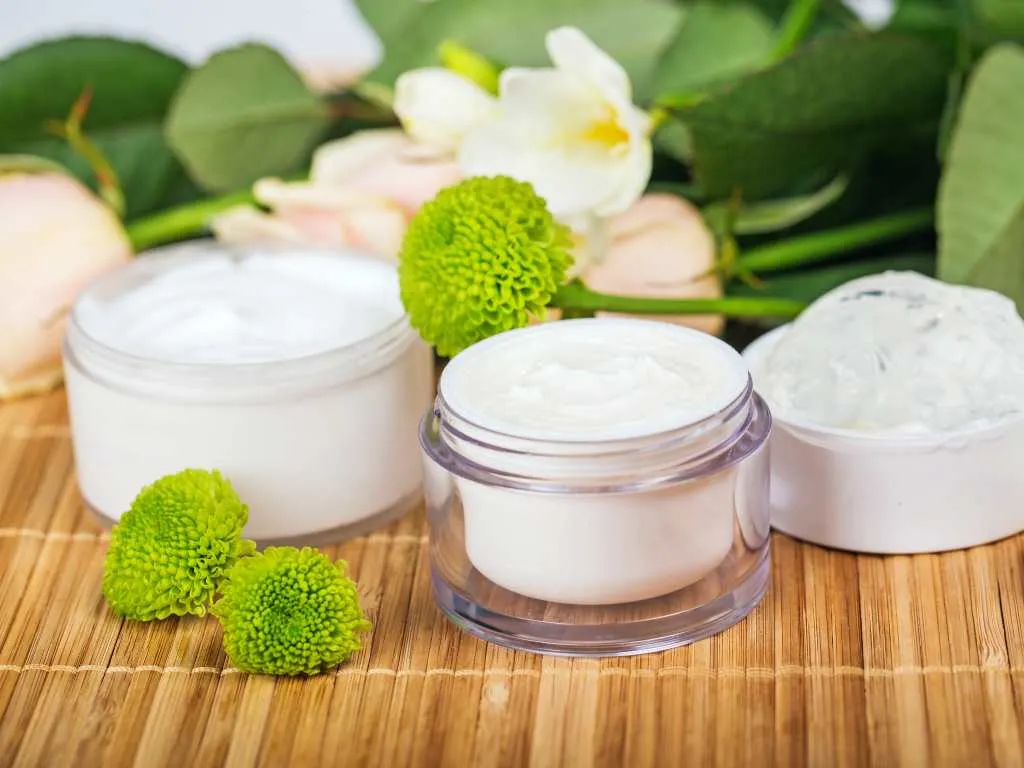News Details

Washington Department of Ecology Proposes Ban on Harmful Chemicals in Personal Care Products and Considers Formaldehyde Restrictions under TFCA
On May 22, 2024, the Washington Department of Ecology initiated rulemaking to ban a number of chemicals in personal care products under Chapter 173-339 WAC which imposes restrictions on nine toxic chemicals or chemical classes in cosmetic products from January 1, 2025. The Agency is also considering regulations on formaldehyde-releasing chemicals, with potential restrictions beginning in 2026.
Background:
In 2023, the Washington Legislature passed the Toxic-Free Cosmetics Act (TFCA) to improve the safety of cosmetic and personal care products. The TFCA addresses the health risks posed by harmful chemicals in cosmetics, that are linked to cancer, hormone disruption, and reproductive toxicity. These chemicals also impact the environment and public health throughout their lifecycle, from being washed down the drain to entering the ecosystem as waste.
The TFCA restricts the manufacture, distribution, and sale of cosmetics containing certain toxic chemicals in Washington State. It mandates the evaluation of safer alternatives, provides technical support to small businesses in the cosmetics industry, and identifies and restricts chemicals that release formaldehyde.
Chemicals restricted under the TFCA:
Effective January 1, 2025, the TFCA imposes restrictions on nine toxic chemicals and classes of chemicals present in cosmetic products manufactured, distributed, or sold in Washington. For in-state retailers, restrictions on existing stock take effect on January 1, 2026.
|
Chemical or chemical class |
Restriction level |
|
Intentionally added |
|
|
Intentionally added or at or above one part per million (ppm) |
|
|
Intentionally added |
|
|
Methylene glycol |
Intentionally added |
|
Ortho-phthalates |
Intentionally added |
|
Intentionally added |
|
|
m-Phenylenediamine and its salts |
Intentionally added |
|
o-Phenylenediamine and its salts |
Intentionally added |
|
Triclosan |
Intentionally added |
TFCA compliance extends to all entities involved in the production, distribution, sale, or provision of cosmetic products in Washington, including cosmetic manufacturers, brands, distributors, retailers, cosmetologists, and cosmetology establishments such as hair and nail salons.
Formaldehyde restrictions
The TFCA is considering a rulemaking process to establish restrictions on formaldehyde-releasing chemicals. As per the legislation, the earliest these restrictions could come into force are:
- January 1, 2026, for up to 10 chemicals in cosmetics that release formaldehyde.
- January 1, 2027, for additional formaldehyde-releasing chemicals used in cosmetics.
Currently, the Washington Department of Ecology is actively identifying and regulating the use of formaldehyde-releasing chemicals.
These chemicals, which are used as preservatives in cosmetic products such as shampoos, lotions, makeup, and hair treatments, gradually release formaldehyde. Known as "formaldehyde releasers," they pose significant health risks, including cancer, neurological harm, asthma aggravation, eye and skin irritation, and allergic reactions. These cosmetics can release formaldehyde into both indoor and outdoor environments, which can then enter the wastewater systems through drainage.
We acknowledge that the above information has been compiled from Washington State Department of Ecology.

 Twitter
Twitter
